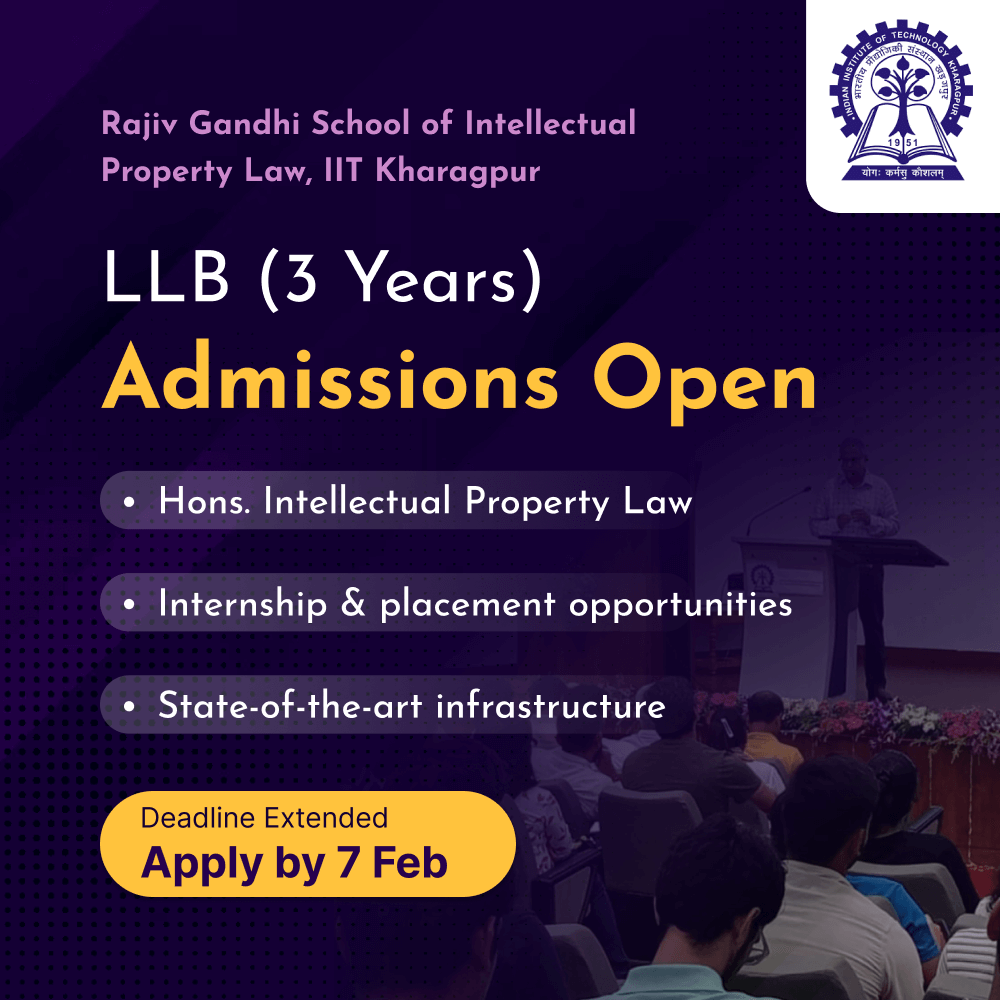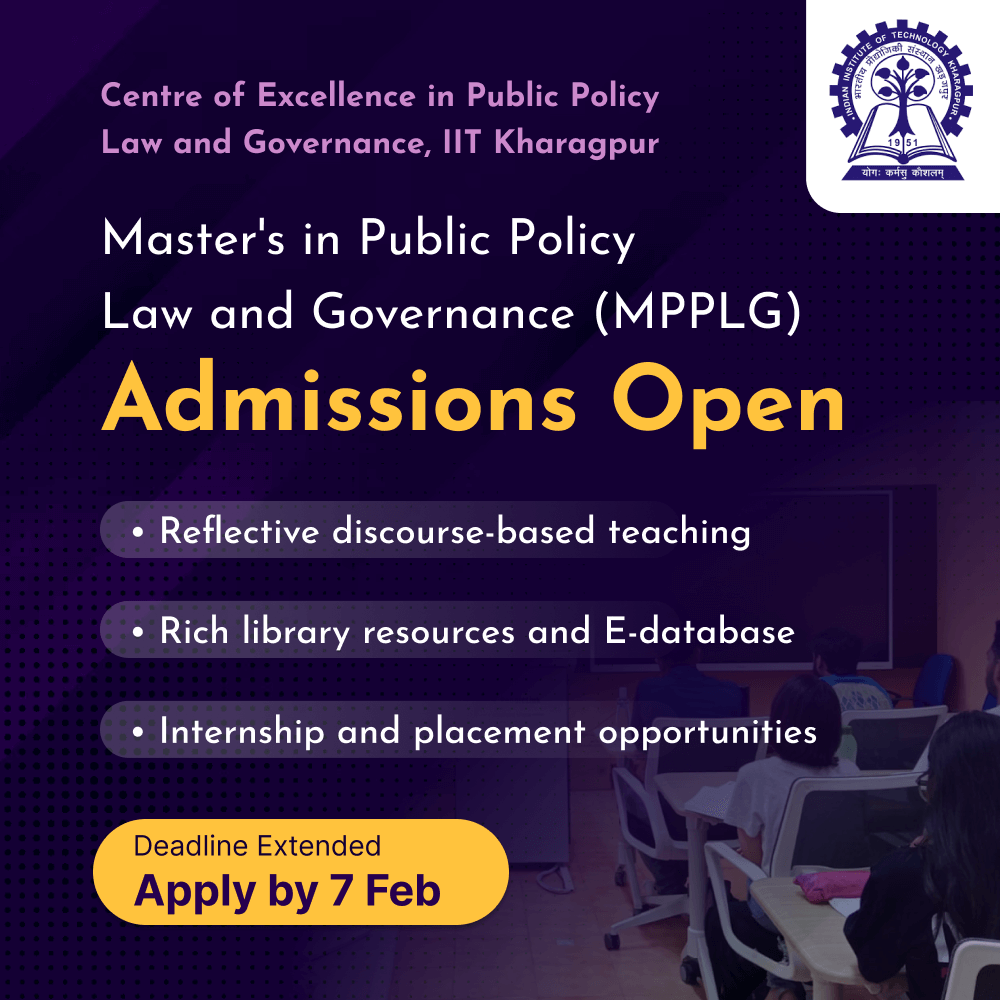Applications are invited for Project Post-Doctoral Fellow at IIT Kanpur for the year 2023. The last date of application is 12 September.
IITK looking for One Project Post-Doctoral Fellow who would be in-charge of data analysis and building machine learning models for sensor calibration and converting SAAQM data to SA insights.
About the Project
The continuous ambient air quality monitoring stations (CAAQMS) that are used by government agencies to monitor the concentration levels of PM are expensive. Low-cost sensors have emerged as a potentially cost-effective option for dense air pollution monitoring networks. But they require in-field calibration to improve their precision and accuracy in comparison with CAAQMS. We use machine learning (ML) based regression techniques to calibrate the LCS readings.
Our recent publications involve domain adaptation for sensor calibration. (S. K. Jha, et al. (2021): Domain adaptation based deep calibration of low-cost PM2.5 sensors) applies simple fine tuning based domain adaptation technique for calibration. (K. Yadav, et al. “Few-shot calibration of low-cost air pollution (PM2. 5) sensors using meta-learning) applies model-agnostic meta learning technique for few short domain adaptation-based calibration.
Responsibilities
The candidate would be responsible for taking data generated by multiple sensors and regulatory grade equipment, and using data analysis and ML/AI techniques for calibration and to generate insights into the data such as outliers, trends, latent correlations. The candidate will be involved in research on developing new machine learning models that can do the calibration efficiently.
Eligibility
Ph.D. in Computer Science /Electrical Engineering or closely related fields with specialization in Machine Learning/ Artificial Intelligence.
Required Skills
- Strong background in machine learning, data science and artificial intelligence with fluency in basic ML models such as regression, classification, and clustering.
- Strong background in mathematics, especially probability theory and time series analysis
- High ethical standards when performing data analysis and reporting results.
- Willingness to work in an interdisciplinary setting and collaborate closely with team members from other fields, learn about new technologies used in those domains and incorporate this domain knowledge to create more powerful machine learning models.
- Fluency in Python coding and use of ML libraries such as numpy, scipy, and sklearn.
- Prior experience with deep learning libraries such as Keras, PyTorchortensor flow.
- Significant background in handling and processing large data sets.
- Impressive publication record in high-impact ML/AI conferences and/or journals.
- Familiarity with advanced topics such as time series models (VAR, VARIMA and deep learning variants such as LSTM, GRU, Transformers) and Gaussian processes will be a plus but is not essential.
- Past background in interdisciplinary research and working with raw data e.g., from instruments or sensors will be a plus but is not essential.
Duration
- The post is purely temporary and is on contractual basis.
- The appointment for the post is up to two years. Appointment will be initially for one year. Renewal of appointment will be subjected to the performance of the candidate.
Application
Interested candidates may apply via email (to dstccp[at]gmail.com) giving full details of qualifications and experience in CV, along with two recommendation letters and copies of relevant certificates by September 12, 2023.
Salary
Rs. 60,000/65,000/70,000 per month (as per experience)



















